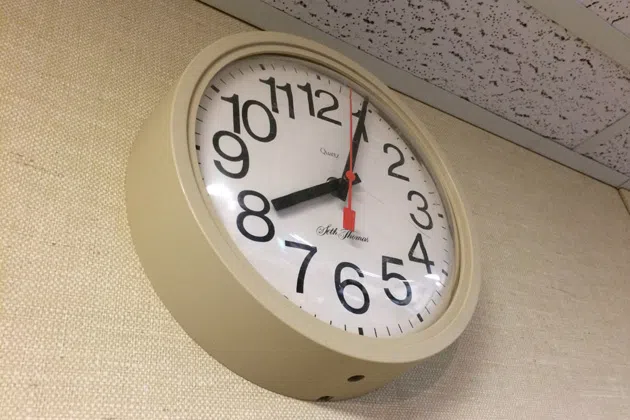
By Greg Bishop/Illinois Radio Network
SPRINGFIELD – Small businesses across Illinois, just like the rest of the country, are looking toward the holidays with heightened anxiety and concern in the wake of re-worked overtime pay regulations.
A boost in the annual threshold under which salaried employees must be paid overtime goes into effect Dec. 1, lifting the cutoff for a majority of positions from $23,660 to $47,476 — or from $455 a week to $913.
The regulatory changes, finalized by the U.S. Department of Labor in May, are projected to affect the paychecks of about 4.2 million employees nationally.
The law will result in specific classes of workers, such as retail or restaurant managers and supervisors, becoming eligible for overtime pay, while those working in other specific jobs, such as computer programmers, will continue being exempt from overtime.
Kim Clarke Maisch, director of the Illinois chapter of the National Federation of Independent Business, said many of the 11,000 small-company owners her group represents have felt broadsided by the overtime law, which has only given them a little more than six months to develop strategies for dealing with the changes.
“That’s not a very long time to give small-business owners the opportunity to comment, to put forth their ideas on how to make this rule better,” Maisch said. “It’s basically saying, ‘You’ve got to do this.’”
Recent statistics from the federal Small Business Administration show Illinois is home to about 1.2 million small businesses.
Small businesses accounted for approximately 48 percent of the state’s 5 million workers employed by private companies in 2013.
“I don’t know that this is the type of rule that will put small-business owners out of business, but it is certainly the type of rule that causes small-business owners to restructure the workplace,” Maisch said.
Put another way, the overtime rules may prompt some employers to raise the salaries of certain employees to keep them exempt or, perhaps, switch salaried employees to hourly-wage workers.
“I was just with some members in Quincy, and they’re all going, ‘We don’t know what we’re going to do….we’re assessing…we’re scared to death,’” Maisch said.
Maisch said there’s been a bipartisan effort in Washington, D.C., to put at least temporary brakes on the overtime law. Proposed legislation that would delay the implementation of the law is working its way through both the House of Representative and the Senate.
But even if the respective bills are passed in both chambers, President Obama likely would veto any attempt to block the regulations, Maisch said.
“Perhaps we could have agreed to phase something like this in, so that the employee wins and the employer wins. But, of course, that’s not what happened,” Maisch said.





